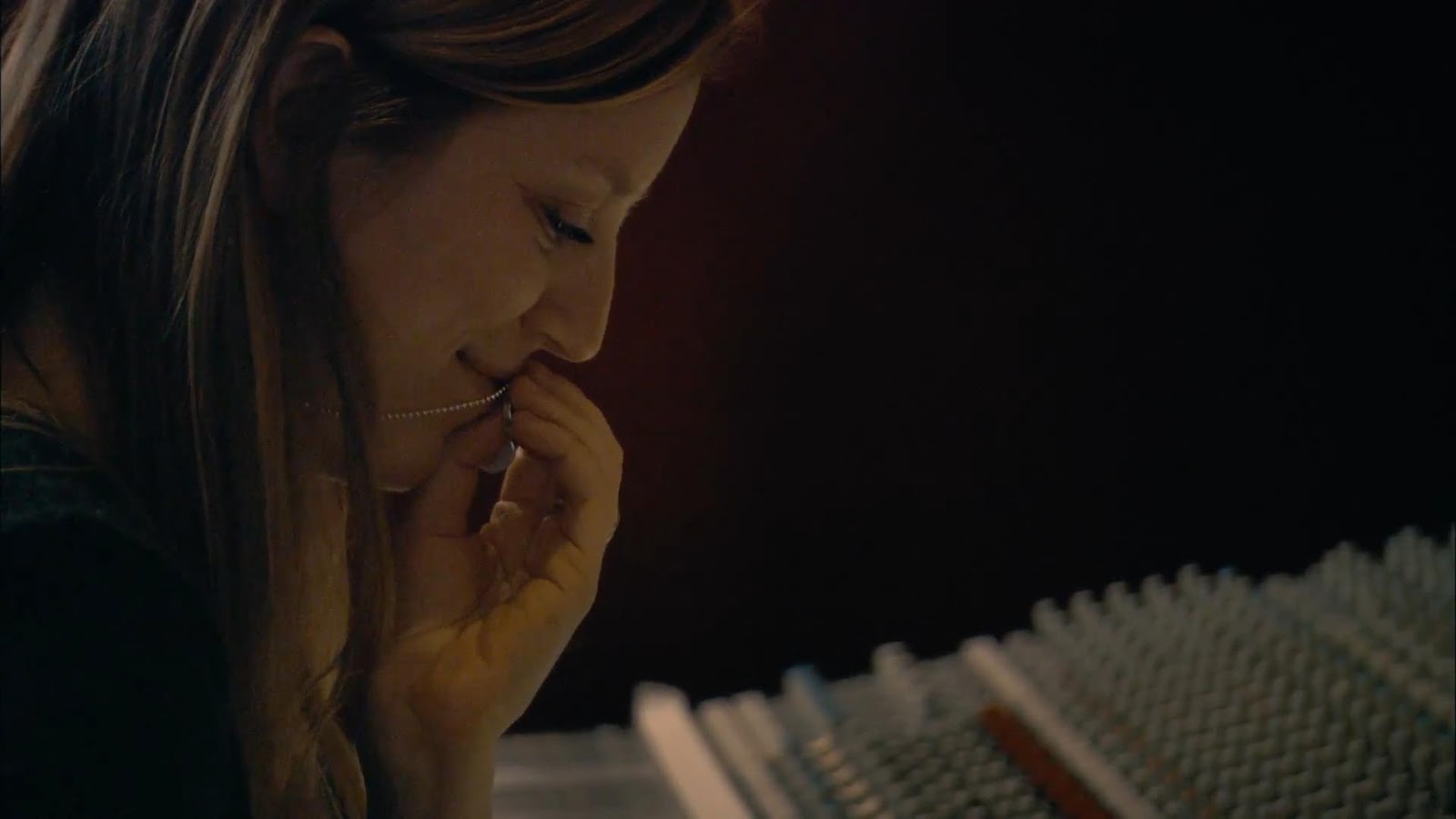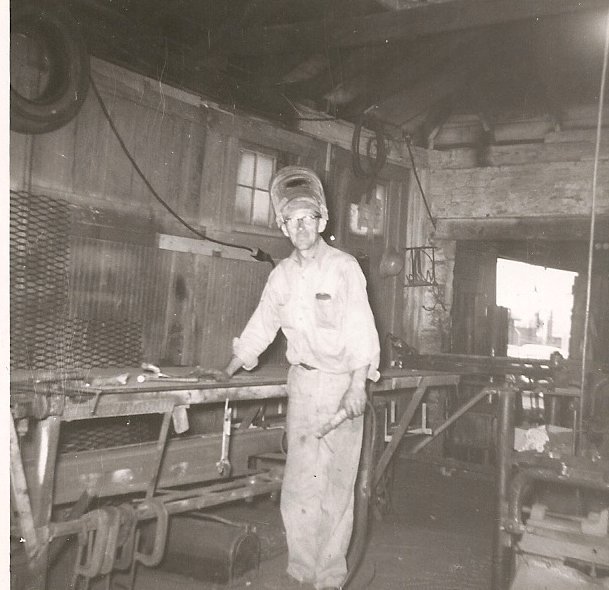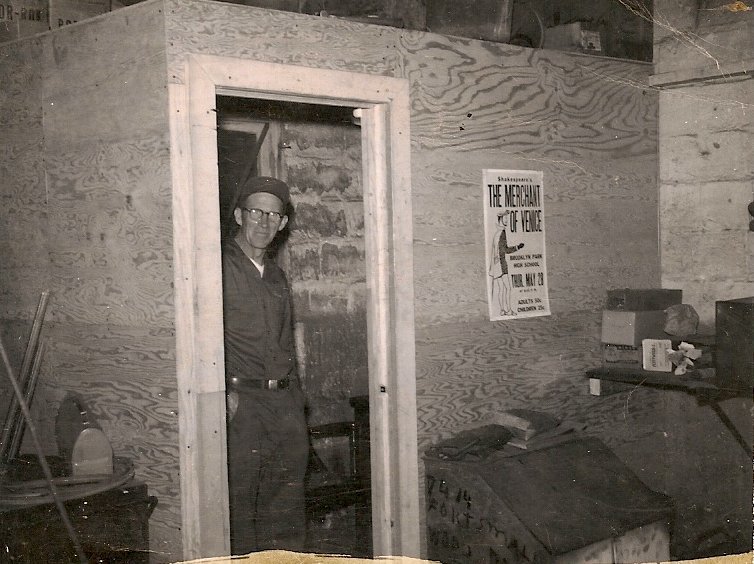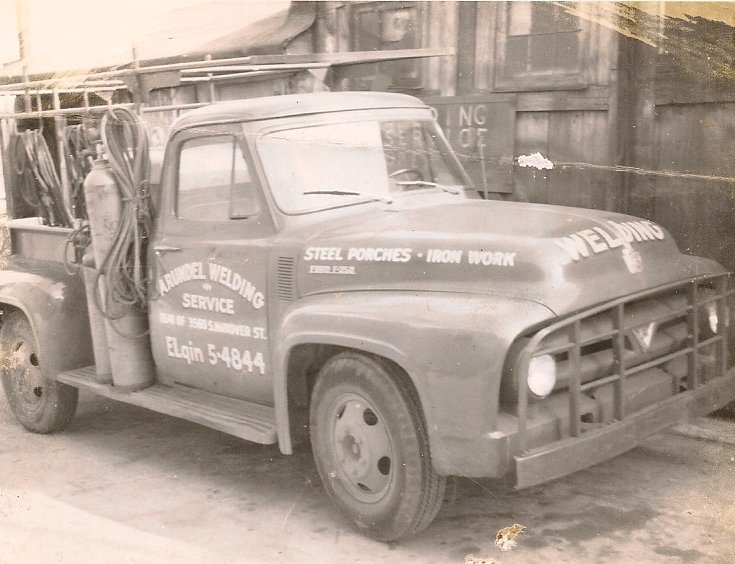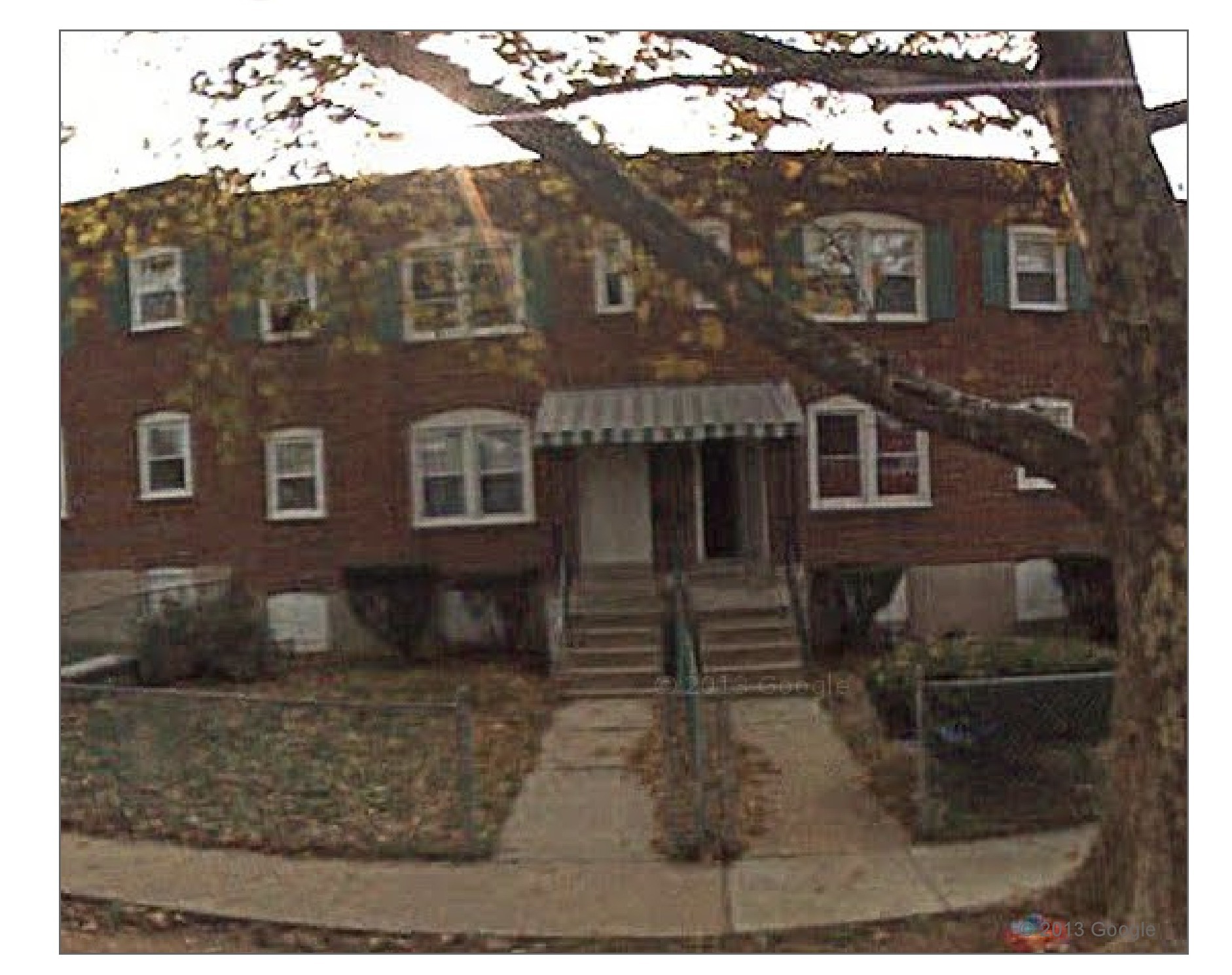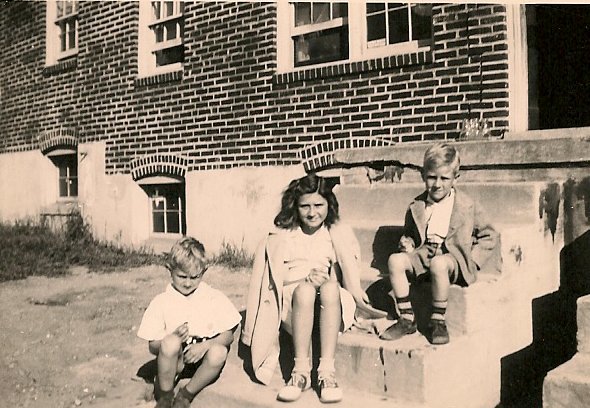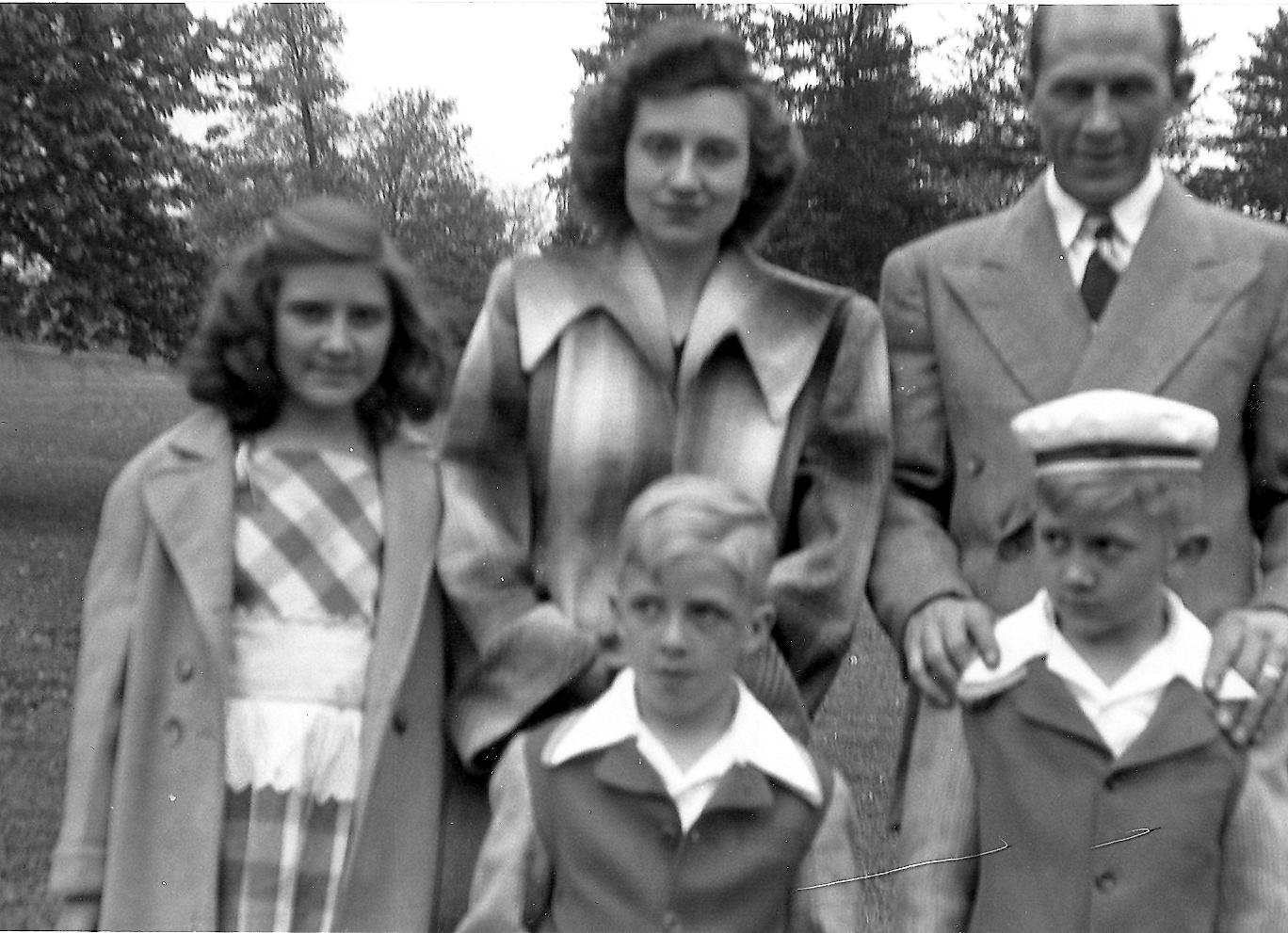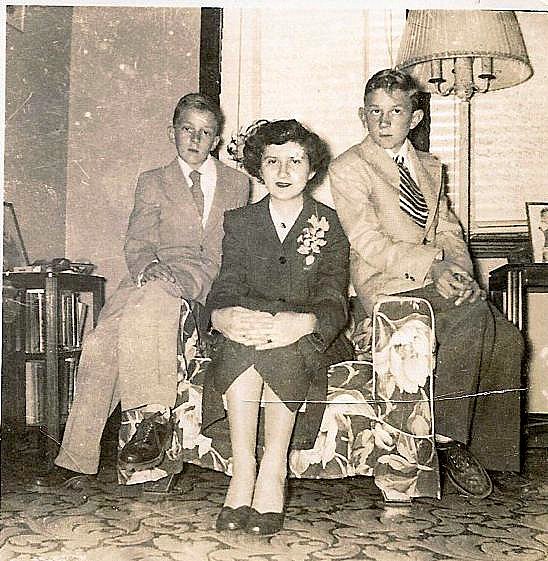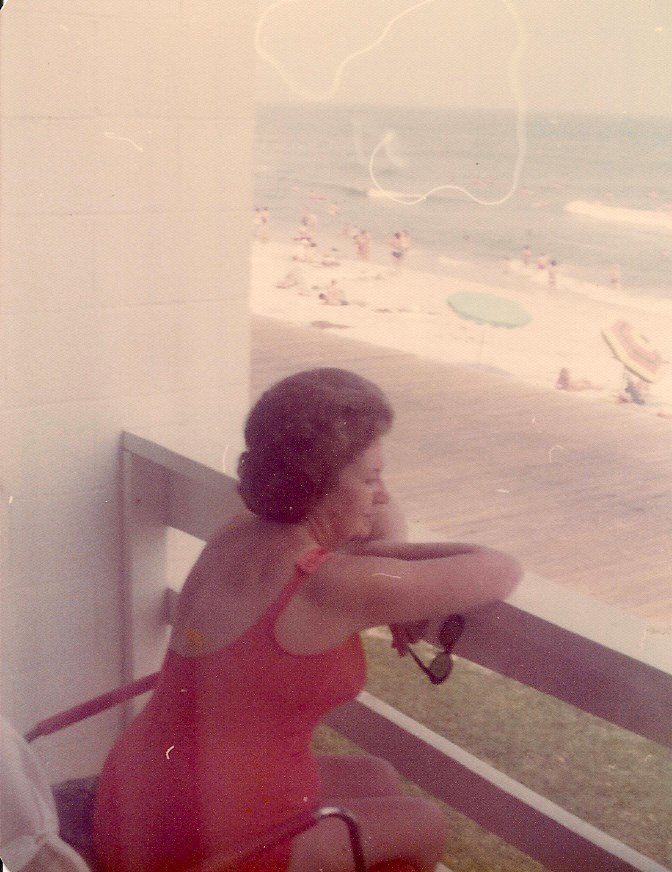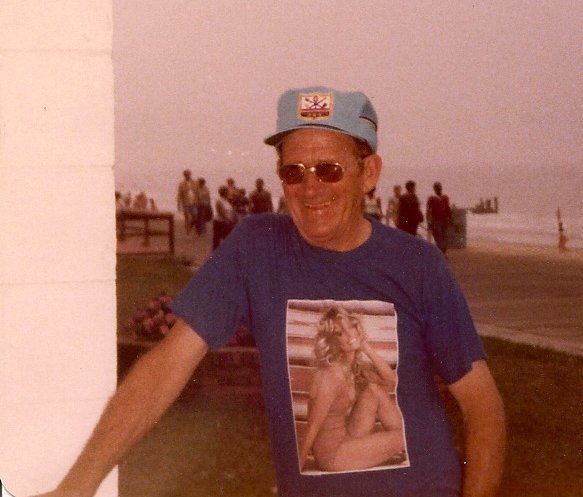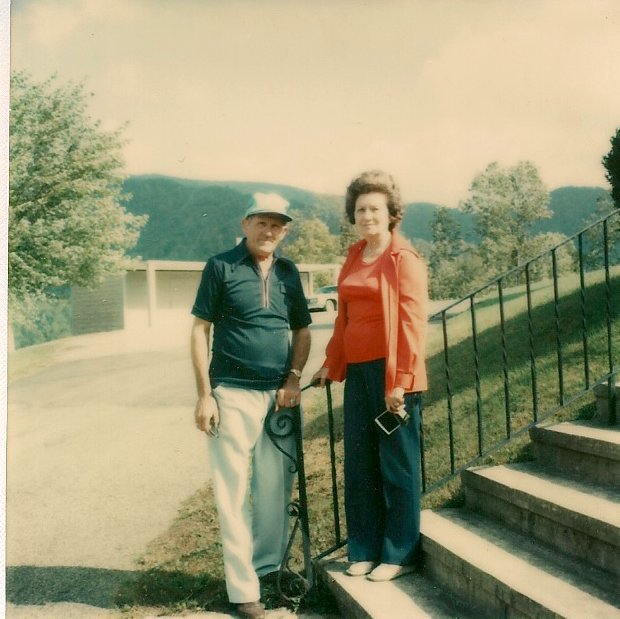Combining historical fact with memory: creating the legends of our ancestors
/As a genealogist, I crave documentation that will tell me more about my family's history. I felt elated when I first began researching; finding census records pulled me back into a time and place when my ancestors lived as I looked at their families, addressees, incomes, and other information giving me a glimpse of who they were. And death certificates! You can tell so much about a person not only by the age in which they died, but their cause of death and the names of their parents (hopefully giving you that elusive maiden name of his or her mother to send you further along that branch.)
But researchers also encourage family historians to ask living relatives about their lives as to gather stories before they're lost to the wind. And although I would give my right arm to ask any of my grandparents and father more about the lives they led, I've found a lot of stories can be misleading, inaccurate, and shall I dare say....untrue altogether.
For instance, when my relatives told me about my great great grandfather, Brown Vines, every single relative insisted the man was a judge. For years I believed this. However, coming upon records and documents, I found no indication he was a judge at all, but a farmer. The documents corrected an error sent down through oral history.
But that was a factual error. The stories and memories we gather from our relatives are incredibly valuable, but I have a hard time knowing what might be factual. I have many family stories that I will never obtain solid proof for. As a genealogist, my mind and heart yearn for the absolute factual story about my ancestors. I want to know exactly how history happened. But many stories have different versions and accounts from different people. But does that make the stories less true, less valuable?
Let me give you a silly example:
Growing up, my family went to church almost every Sunday. My mother usually cooked a lovely Sunday breakfast (blueberry pancakes, which today are still one of my favorites), and we headed to the local United Brethren church for two hours of indoctrination and fellowship, which left us physically (and sometimes even spiritually) hungry as we came home.
An excerpt from a conversation I had with my mother a few months ago:
Me: I have this great memory of coming home from church and having tuna salad every Sunday.
Mom: We didn't have tuna! It was egg salad.
Me: It was not! I remember you making the sandwiches and us sitting at the table eating. It was always tuna.
Mom: It was egg salad.
Now, the example is a little ridiculous. But you have two women who have a completely different memory of what happened almost every single Sunday. And let me assure you if I called my mother this minute, she'd stick to her egg salad recollection, as would I. But does that make either one of our memories "wrong"?
My husband and I watched a brilliant documentary by Sarah Polley called The Stories We Tell. I cannot recommend it more highly. In the film, Polley goes on a quest to find more information about her mother who died in 1990. Polley interviews family members and friends to discover more about her mother and her mother's life, but in the storytelling she finds discrepancies, contradictions, and elusive truths. And without ruining any of it for you, Polley discovers that one person's story doesn't belong solely to him or her: a person's life is their own facts and memories combined with the people they lived their lives with, and those people's perceptions and memories as well. And years can change perception. And truth. But this is where the joy of combining genealogical records and storytelling comes together: we can decorate the facts (the historical accuracies) with the truth (the stories and legends passed down from generation to generation.) And all are valuable, and all are necessary.
The writer A.M. Homes sums it up by saying:
Every family has a story that it tells itself, that it passes on to the children and grandchildren. The story grows over the years, mutates, some parts are sharpened, others dropped, and there is often debate about what really happened. But even with these different sides of the same story, there is still agreement that this is the family story.
So gather those stories. Search for the truth without being so factual. And a beautiful tapestry will unfold.

